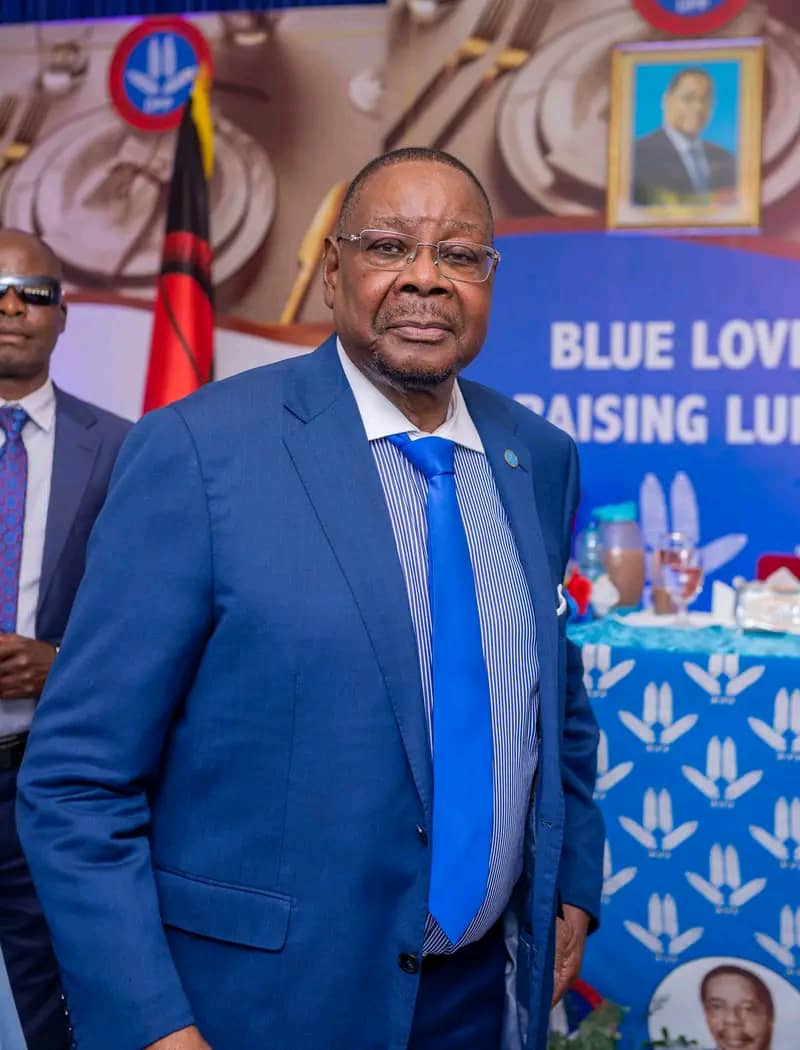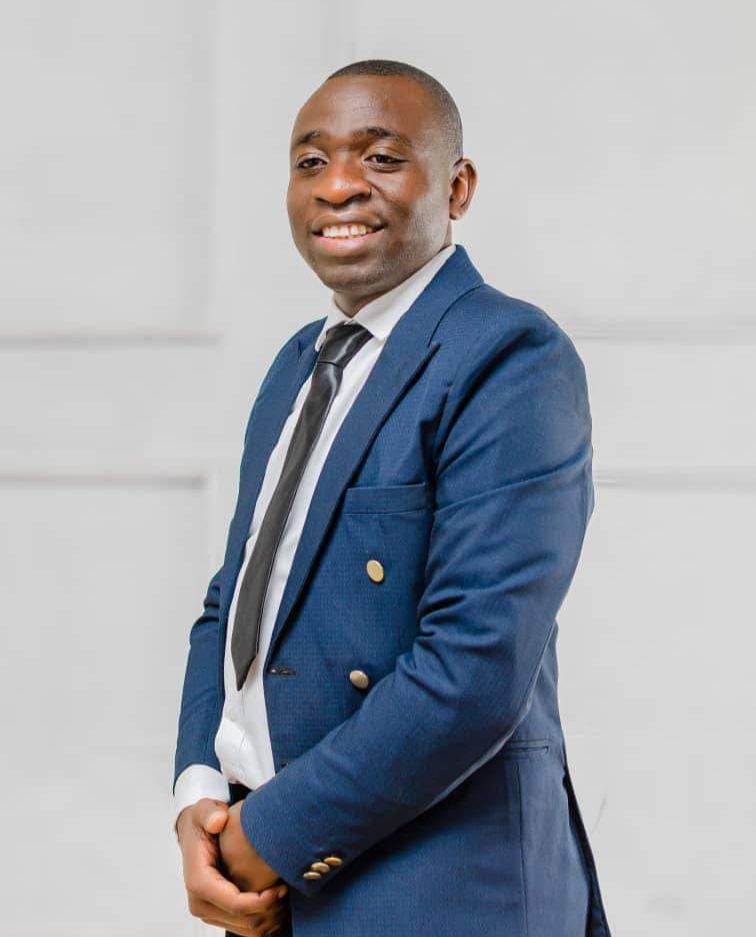By Rick Dzida
As the 2025 general elections in Malawi draw near, there is growing concern among the public about possible vote manipulation. However, if all parties involved in the election take proactive steps, it is possible to avoid any instances of vote rigging and ensure a fair, unbiased, transparent, and credible election.
For starters, both the ruling and opposing parties must agree to a set of guidelines that encourage nonviolent campaigning and uphold democratic process. Prominent figures in the political sphere, such as Peter Mutharika and Lazarus Chakwera, should encourage their followers to allow all parties to campaign freely in their respective strongholds.
All political parties are also cordially advised to establish platforms for dialogue to proactively address grievances and concerns regarding the electoral process, fostering a spirit of cooperation.
It is of utmost importance for political parties to be open and transparent about their campaign processes in order to establish credibility with voters. It is unfortunate that many parties, including the Malawi Congress Party and Democratic Progressive Party, resort to buying votes through tactics like distributing cash. Let the law take its course.
Furthermore, Malawi Electoral Commission ( MEC) has the constitutional mandate of ensuring that electoral processes are transparent, efficient, and accessible, including voter registration, ballot counting, results transmission and vote tallying.
In order to ensure that the elections are fair and transparent, MEC needs to carry out thorough voter education initiatives to educate the public about their rights and how they can participate in the electoral process. Transparency can also be achieved by permitting independent monitoring and ICT auditing of the process by civil society, political parties, and international observers.
Additionally, National Initiative for Civic Education (NICE) is advised to implement programs that educate citizens about their rights and responsibilities, the importance of voting, and how to engage in the electoral process. It must also promote inclusivity by focusing on marginalized groups, including women, youth, and persons with disabilities, to ensure that their equitable participation in the electoral process is not compromised.
Moreover, human rights activists should monitor and advocate for the protection of human rights during the electoral process, including freedom of expression, assembly, and association. They must also document and report any human rights violations or electoral malpractices to hold perpetrators accountable.
The international community has the responsibility too to set the tone for free and fair elections in Malawi. It can use its diplomatic channels to encourage adherence to democratic principles and respect for human rights at all levels of the electoral process.
In cases where it is deemed necessary, the global community may provide technical and financial aid to enhance the electoral system and guarantee compliance with international electoral standards. Additionally, it is crucial for international monitors to observe the elections at an early stage and offer an unbiased evaluation of the electoral process.
Some people have contended that the citizens hold the ultimate authority over elections, thus it is their duty to guarantee that elections are conducted with fairness and integrity. In order to achieve this, citizens should actively participate in voter education through avenues such as community gatherings, social media platforms, and local media sources.
It is important for citizens and Civil Society Organizations (CSOs) to actively participate in the electoral process by collaborating with the MEC. This involves attending public gatherings, giving feedback, and ensuring that the commission is responsible for its actions.
It is imperative that citizens and CSOs take on the responsibility of ensuring that political parties are held responsible for their actions and promises. This could involve demanding openness in terms of campaign financing and advocating for ethical campaigning techniques. It is crucial for citizens to be encouraged to peacefully voice their views and reject all forms of violence or intimidation.
In conclusion, ensuring free, fair, and credible general elections in 2025 requires a collaborative effort from various stakeholders, including political ruling and opposition parties, the Malawi Electoral Commission (MEC), the National Initiative for Civic Education (NICE), human rights activists, the international community, civil society organizations (CSOs), and all patriotic citizens. A better Malawi is possible.





